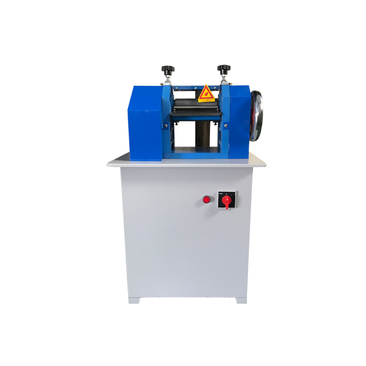Custom Electrical Resistivity Measurement Device for Enhanced Material Analysis
Custom Resistivity Tester Precision in Measurement for Various Industries
In today's technology-driven world, the demand for accurate and reliable measurements in various industrial applications has never been greater. One of the critical measurements that various sectors require is resistivity—an essential parameter in fields such as geology, civil engineering, and material science. A custom resistivity tester emerges as a valuable instrument that not only provides precise data but also meets the specific needs of different industries.
Understanding Resistivity
Resistivity is defined as a material's ability to resist the flow of electrical current. It is a fundamental property that varies significantly among different materials, making it crucial to evaluate and assess these properties in design and implementation processes. High resistivity materials are commonly used as insulators, whereas low resistivity materials are typically employed as conductors. This differentiation is vital in applications ranging from electronics to construction.
Importance of Customization
The standard resistivity testers available on the market may not always suit the specific requirements of every application, which is where custom resistivity testers come into play. These tailored instruments can be designed to accommodate unique factors such as the type of material being tested, the environmental conditions, and the required sensitivity and range of measurements.
For instance, in construction, understanding the soil resistivity is crucial for grounding systems and ensuring safety. A custom resistivity tester can be developed to measure the resistivity of different soil types under various moisture conditions, providing engineers with the precise data needed for their projects. Similarly, in the mining industry, testing the resistivity of minerals can help assess their value and inform extraction processes.
Features of a Custom Resistivity Tester
When designing a custom resistivity tester, several features can be incorporated to enhance its functionality and versatility
1. Measurement Range Custom testers can be designed to measure a wide range of resistivity values, accommodating both low and high resistivity materials. 2. Data Logging and Analysis The ability to log data and analyze it in real-time is vital for many applications. Custom devices can incorporate advanced data logging capabilities, allowing users to store and retrieve data efficiently.
custom resistivity tester

3. User-Friendly Interface Designing an intuitive interface can significantly improve the usability of the device, ensuring that operators can easily navigate through different settings and parameters.
4. Portability Many applications require field testing; thus, creating a lightweight and portable custom resistivity tester can provide convenience without compromising accuracy.
5. Durability Custom devices can be built to withstand harsh environmental conditions, ensuring reliable performance even in challenging settings.
6. Calibration A custom tester can include features for easy calibration, ensuring ongoing accuracy and reliability in measurements.
Applications Across Industries
A custom resistivity tester's versatility allows it to be used across various sectors
- Geotechnical Engineering For assessing soil properties and designing foundations. - Environmental Studies For understanding soil and water contamination levels. - Electrical Engineering For testing the resistivity of components and circuits. - Mining and Mineral Exploration For evaluating mineral deposits and determining the feasibility of extraction.
Conclusion
A custom resistivity tester is an indispensable tool that empowers various industries to attain precise measurements tailored to their specific needs. By considering factors like measurement range, data logging, user interfaces, portability, and durability, these testers can provide highly accurate insights that drive improvements in engineering designs, environmental assessments, and resource management.
Investing in a custom resistivity tester can significantly enhance a company's ability to make informed decisions, optimize processes, and ultimately improve safety and efficiency across various applications. As industries continue to evolve, the role of precise measurement tools like custom resistivity testers will become increasingly critical in shaping their future.
-
The Role of Tensile Force Testers in Quality Control and Material Science
NewsAug.01,2025
-
Maintenance and Safety Tips for Aging Ovens
NewsAug.01,2025
-
Density Balance in Forensic Science
NewsAug.01,2025
-
Advanced Optical Measurement Technologies
NewsAug.01,2025
-
A Buyer’s Guide to Tensile Test Machines
NewsAug.01,2025
-
Why the Conductor Resistance Constant Temperature Measurement Machine Redefines Precision
NewsJun.20,2025
 Copyright © 2025 Hebei Fangyuan Instrument & Equipment Co.,Ltd. All Rights Reserved. Sitemap | Privacy Policy
Copyright © 2025 Hebei Fangyuan Instrument & Equipment Co.,Ltd. All Rights Reserved. Sitemap | Privacy Policy

